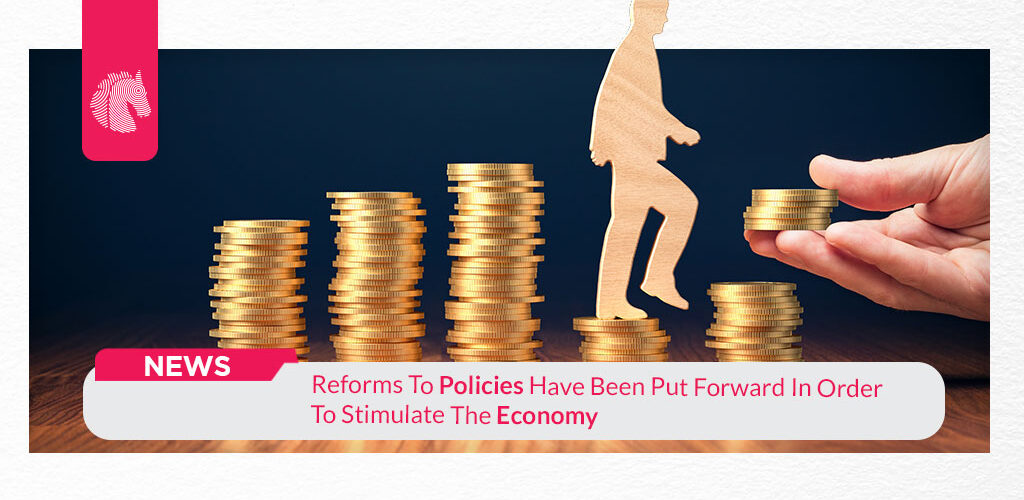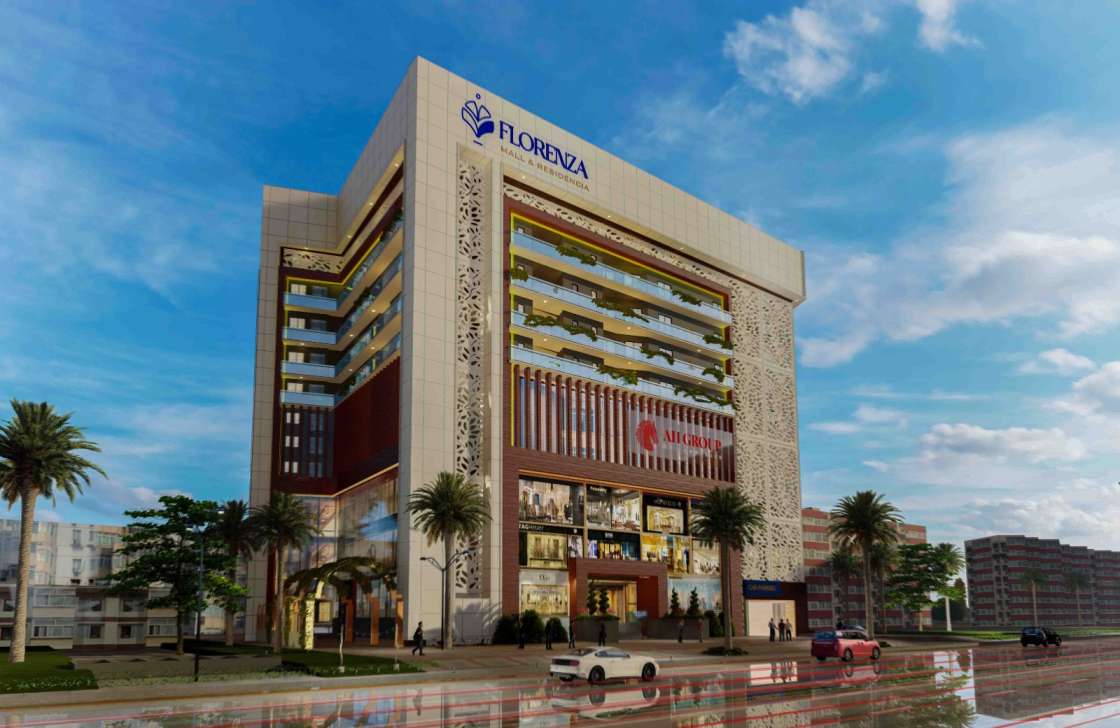Reforms To Policies Have Been Put Forward In Order To Stimulate The Economy

In a recent development, notable personalities from diverse sectors have come together to propose a series of policy adjustments aimed at revitalizing Pakistan’s economy. They have highlighted the upcoming fiscal year 2023-2024 budget as a critical opportunity to foster growth, innovation, and sustainable development across various industries.
During a meeting with Finance Minister Ishaq Dar, President of the Federation of Pakistan Chambers of Commerce and Industry (FPCCI), Irfan Iqbal Sheikh, stressed the importance of the forthcoming federal budget. Sheikh emphasized the need for collaboration between the government and the business community to introduce measures and policies that would facilitate industrial growth, explore import substitution avenues, and revitalize struggling businesses through targeted fiscal initiatives.
The Pakistan Business Forum (PBF) has also urged the government to implement effective economic measures, including in the upcoming federal budget, to promote business activities in the country while emphasizing austerity measures in the public sector.
To achieve a 6% GDP growth in the next financial year, policymakers have been encouraged to reduce tax rates, broaden the tax base, and curtail the parallel economy. These measures are vital for enhancing the competitiveness of Pakistani products in global markets.
Addressing the challenges related to foreign exchange availability and declining inflows, Muhammad Tariq Yousuf, President of the Karachi Chamber of Commerce and Industries (KCCI), proposed allowing importers to arrange payment or remittance of foreign exchange through sources outside Pakistan. Yousuf further suggested that importers should receive import documents directly from suppliers, bypassing the involvement of domestic commercial banks. He expressed concerns over the varying rates charged by commercial banks for US dollars and their preferential treatment towards high-volume trade clients, often overlooking small and medium-sized enterprises (SMEs).
Yousuf also emphasized the need to limit direct financing by importers to raw materials, essential items, and machinery. He called for comprehensive stakeholder consultations to expand the definition of essential items determined by the State Bank of Pakistan (SBP), as the exclusion of many critical items currently causes delays in opening letters of credit (LCs). Furthermore, Yousuf proposed restricting luxury item imports under self-financing arrangements and suggested a maximum import limit of US$10,000 per month for registered importers through registered bank contracts.
Highlighting Pakistan’s historical GDP growth, the President of the PBF pointed out that the country has achieved over 5% growth only three times in the past three decades. He emphasized the untapped potential of information technology in boosting industrial production and estimated that Pakistan’s digital finance potential could reach $36 billion in the next four years, contributing to a seven percent GDP boost and generating four million new jobs.
Meanwhile, FPCCI President Sheikh emphasized the significance of the textile sector, which constitutes almost two-thirds of Pakistan’s exports, amounting to $19.3 billion in FY22. Sheikh called for measures to ensure a steady supply of cotton, the primary raw material for the sector, by incentivizing cotton cultivation. He further stressed the need for industry access to finance as capital plays a vital role in ensuring smooth operation and expansion.
Sheikh also advocated for discounted and affordable export finance, as well as subsidized finance for plant machinery in sectors such as leather, surgical equipment, sports goods, pharmaceuticals, and SMEs. These measures have the potential to enhance export volumes and create more job opportunities. He proposed the full operationalization of export processing zones, special economic zones, and special technology zones through collaborations with friendly countries like China, South Korea, and Malaysia, Funding programmes from development and worldwide financial institutions are being supported.
The FPCCI president also advocated for the Federal Board of Revenue (FBR) to be reformed in order to facilitate industrialization. He highlighted the importance of combating corruption, harassment, maladministration, and red tape, calling for the FBR’s operations and procedures to be completely digitized.
















